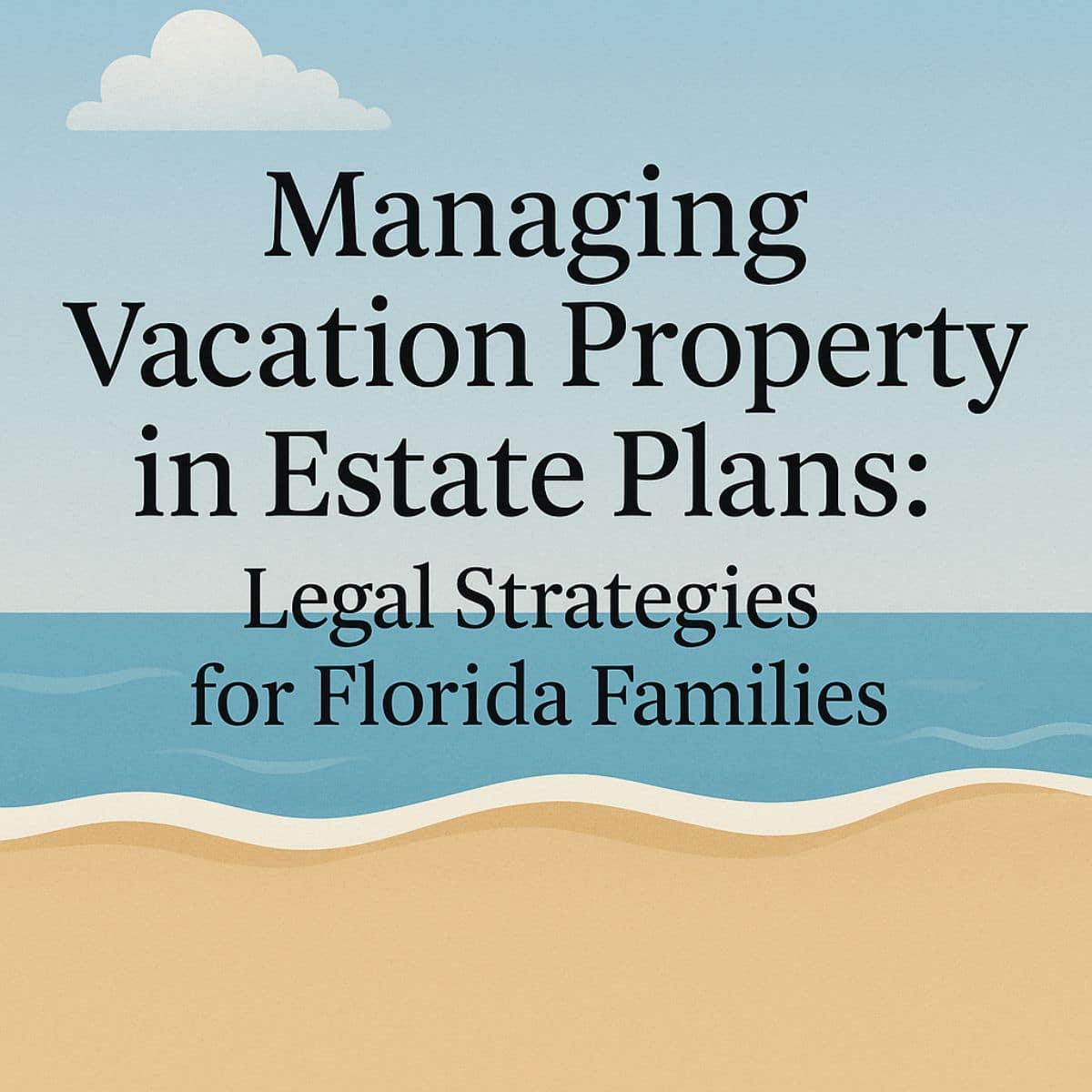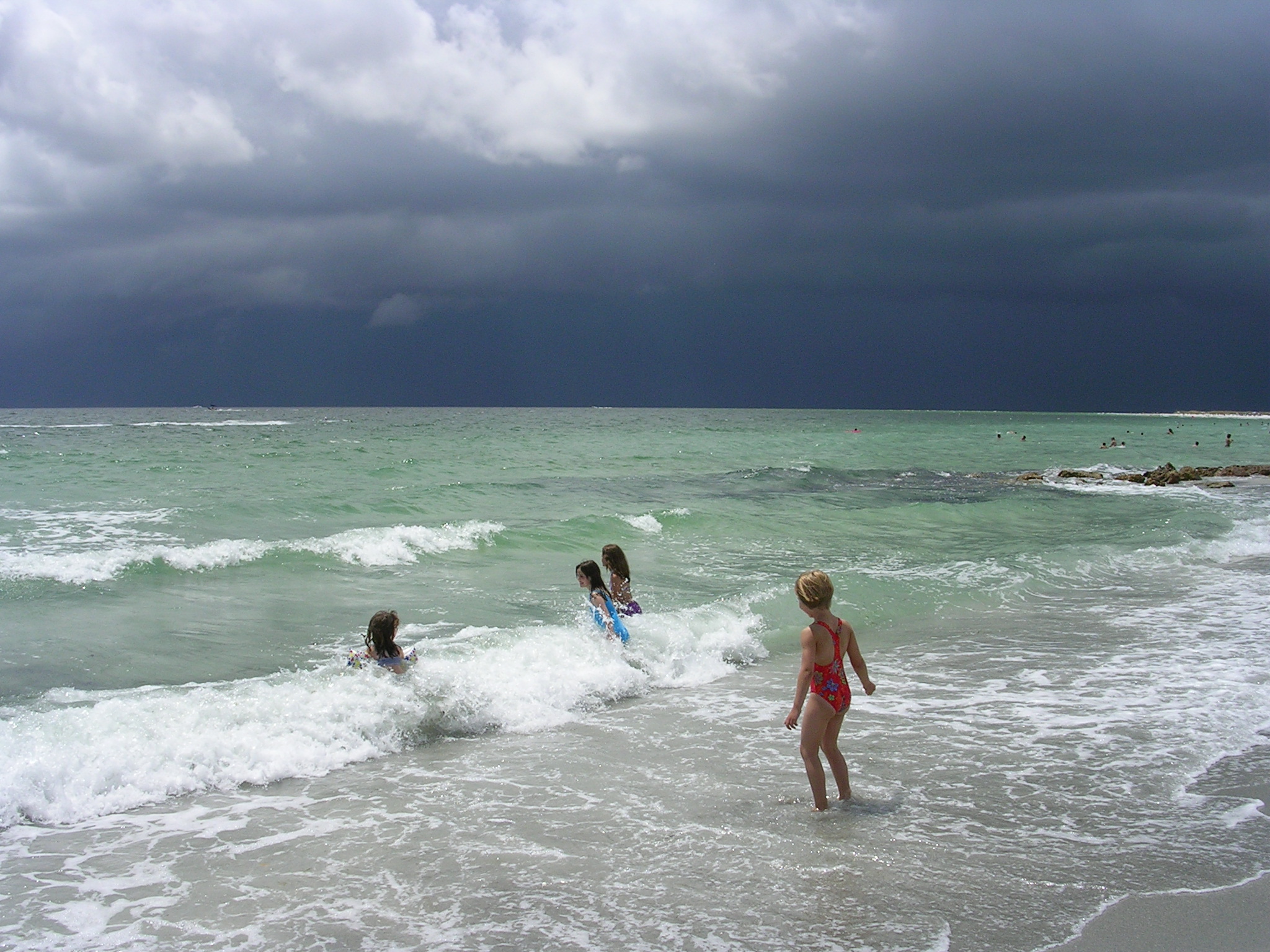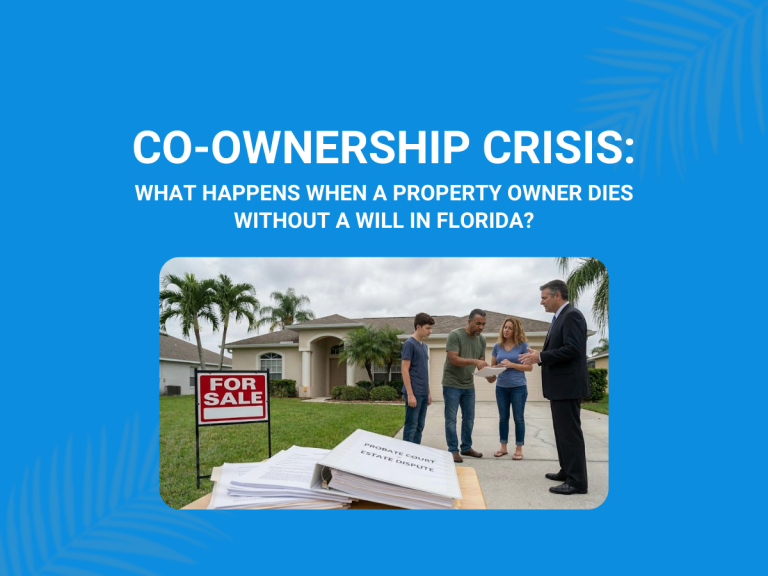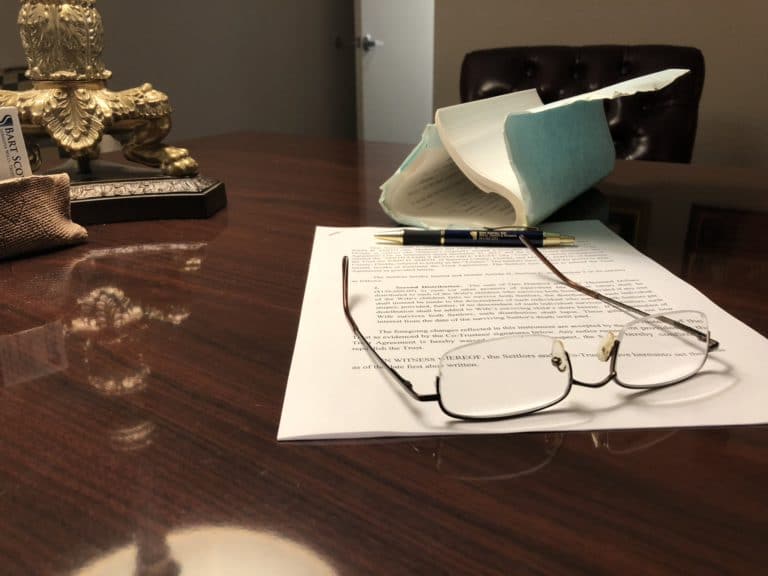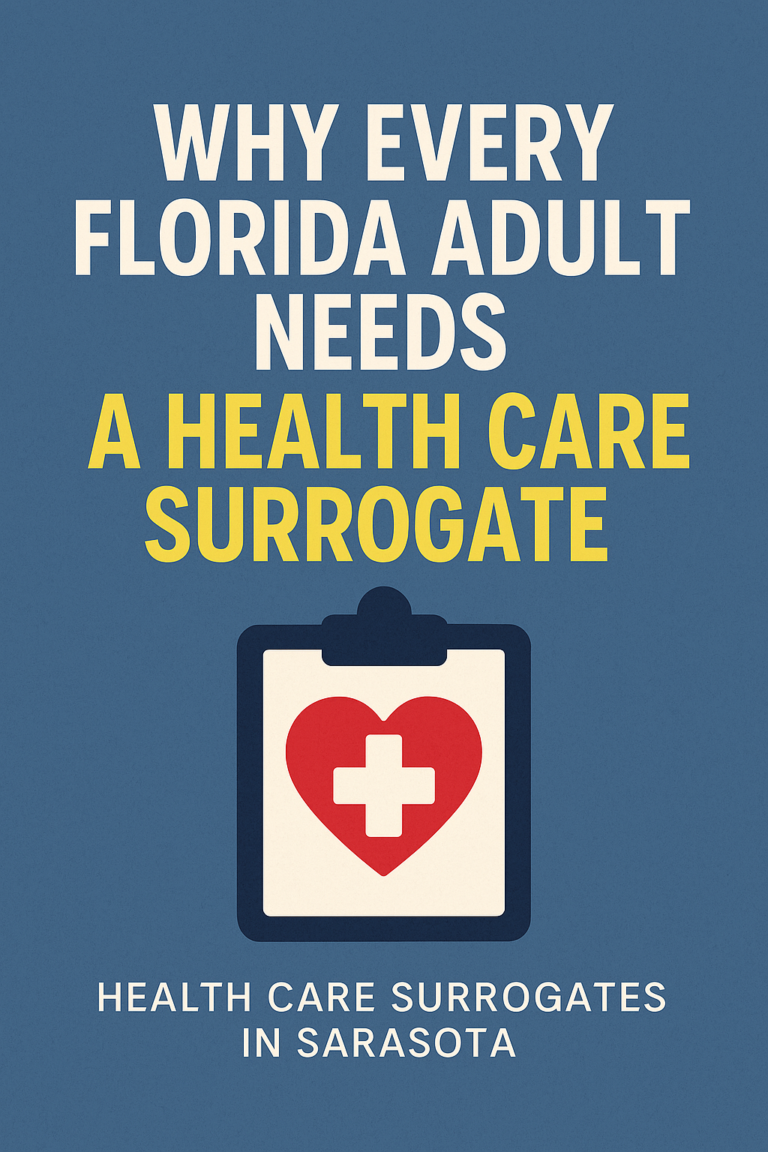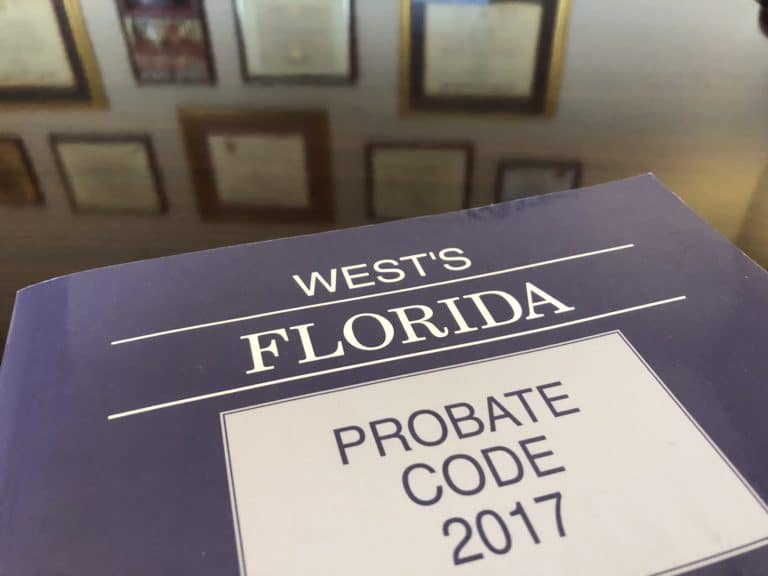Managing Vacation Property in Estate Plans: Legal Strategies for Florida Families
By a Florida Bar-Licensed Estate Planning Attorney
Owning a vacation home in Florida, whether along the Gulf Coast or nestled in a quiet residential area of Venice, offers your family a treasured retreat. But without proper planning, this asset can also become a source of confusion or conflict after your passing.
This article explains how to thoughtfully structure the ownership and transfer of vacation property in your estate plan, how Florida homestead laws may apply, and how to avoid unnecessary probate, especially for out-of-state heirs.
Why Vacation Property Needs Special Attention in Estate Planning
Unlike primary residences, second homes often have multiple interested parties (children, spouses, co-owners) and may be located in a different state than where the property owner lives. These factors create unique legal and financial planning considerations.
Common questions include:
- Who inherits the property?
- Will the home trigger ancillary probate in Florida?
- Should the property be sold, kept, or rented after death?
- How can potential disputes be prevented?
Working with an experienced estate planning attorney who helps families in Venice ensures that these questions are answered with clarity and legal validity.
Key Strategies to Include Vacation Property in Your Estate Plan
1. Use a Revocable Living Trust
Placing your vacation property in a Florida-based revocable trust allows for:
- Avoidance of probate, including ancillary probate for out-of-state owners.
- Privacy and control, as trust terms remain private and customizable.
- Streamlined succession, with clear instructions for heirs.
Learn more about trusts and related services at Scovills.
2. Understand Florida Homestead Law Implications
If the vacation home is later designated as a Florida homestead:
- The property may gain creditor protections.
- Transfer restrictions apply, particularly if a surviving spouse or minor children exist.
- The home may receive tax benefits, but this depends on residency and usage.
Reviewing your homestead status with legal counsel can help avoid unintended complications.
3. Consider an LLC for Shared Ownership
A limited liability company (LLC) is a useful vehicle for:
- Holding title to vacation property shared among heirs.
- Establishing clear usage rules and responsibilities.
- Protecting against personal liability and partition lawsuits.
This approach is particularly useful if your children or extended family want to co-own the property without risk of probate or litigation.
Ancillary Probate in Florida: What Out-of-State Heirs Need to Know
If a decedent owns Florida real estate but was a resident of another state, the property is subject to ancillary probate, a separate court process in Florida to transfer ownership.
To avoid this, property can be:
- Titled in the name of a trust or LLC
- Jointly owned with rights of survivorship (with caution)
- Transferred via enhanced life estate deed (Lady Bird Deed), depending on the situation
Out-of-state heirs should consult with a local attorney familiar with ancillary probate in Florida to avoid delays and legal challenges.
Legal Tips for Structuring Vacation Property Transfers
- Keep deeds up to date. Outdated ownership documents can cause disputes.
- Update your estate plan after purchasing property. Don’t assume your existing documents automatically apply.
- Coordinate with tax and real estate professionals. Gifting or transferring property may have tax implications.
FAQs: Vacation Homes in Estate Plans
Q: Should I name multiple children as equal heirs to the property?
A: Possibly, but consider how decisions (e.g., maintenance, selling) will be made. A trust or LLC may provide structure and avoid conflict.
Q: Can I avoid probate if my will mentions the property?
A: No. A will directs probate; it doesn’t avoid it. Only tools like trusts, LLCs, or beneficiary designations can bypass probate.
Q: What if my vacation home is in Florida but I live elsewhere?
A: You likely need a Florida-based solution to avoid ancillary probate in Florida. This is common and can be addressed with proactive planning.
Build a Legacy, Not a Legal Burden
A well-planned estate can turn your vacation home into a lasting gift, rather than a costly or contested asset. Whether you’re just beginning your estate planning journey or updating existing documents to reflect your Florida property, our team is here to help.
Start with trusted guidance. Contact Scovills today to speak with an estate planning attorney about managing real estate and minimizing probate risk.
Contact Us For More Information
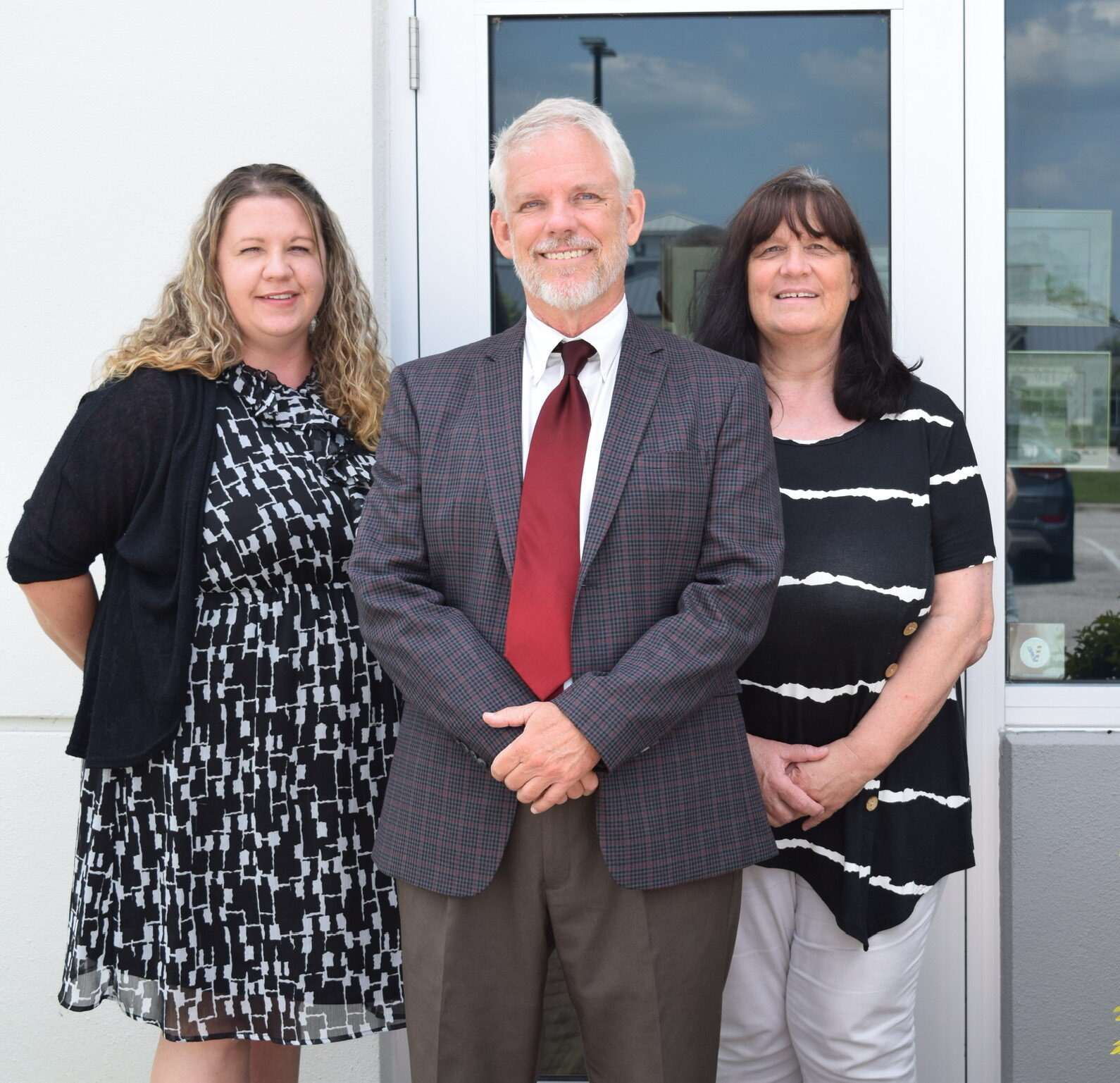
Or Call 941-365-2253 for a Free Consultation
NOTE: The use of the Internet or this form for communication with the firm does not establish an attorney-client relationship. Confidential or time-sensitive information should not be sent through this form.

